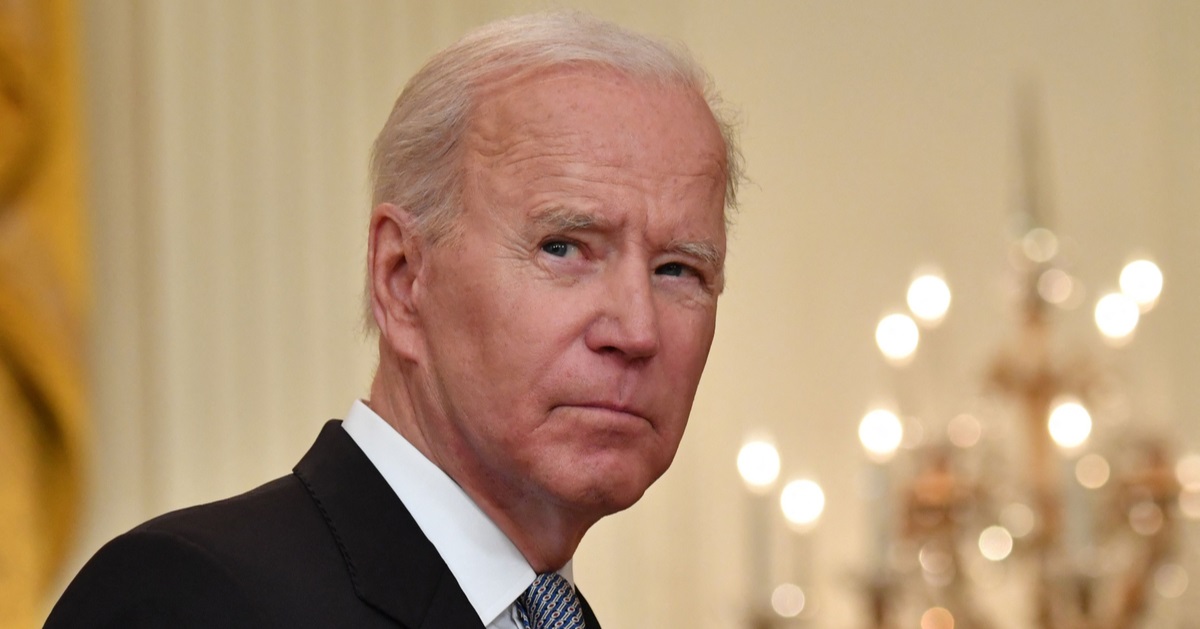New study says Ukraine war threatens world food supplies
While has been considerable attention paid to how Russia's invasion of Ukraine has impacted energy prices, a new report suggests that another less talked about effect could kill millions.
According to Breitbart, a study conducted by researchers at the University of Edinburgh, University of Aberdeen, Karlsruhe Institute of Technology, and Rutgers University concluded that the war has led to global food insecurity.
Russia is one of the world's largest fertilizer producers
Some of that comes from the disruption of agriculture in Ukraine, which was until recently the world's ninth-largest wheat producer.
However, a more significant factor is the impact on fertilizer availability, something on which farmers around the world depend.
Dr. Peter Alexander teaches at the University of Edinburgh’s School of GeoSciences, and the study quoted him as saying, "This could be the end of an era of cheap food."
"While almost everyone will feel the effects of that on their weekly shop, it’s the poorest people in society, who may already struggle to afford enough healthy food, who will be hit hardest," he explained.
"While fertilizer prices are coming down from the peaks of earlier this year, they remain high and this may still feed through to continued high food price inflation in 2023," Alexander added.
That prediction is bolstered by a report issued last spring from The Fertilizer Institute, which noted that "Russia is the second largest producer of ammonia, urea, and potash and the fifth largest producer of processed phosphates."
"In terms of their share of the global export market, Russia accounts for 23% of ammonia, 14% of urea, and 21% of potash, as well as 10% of processed phosphate exports," it continued.
What's more, the report pointed out how "Russia supplies approximately one-third of Europe’s natural gas, the main feedstock to produce nitrogen fertilizers."
The University of Edinburgh study concluded that elevated fertilizer prices could lead to "100 million people at risk of undernourishment" with a million resulting deaths.
UN food official says to "get ready" for "Hell on earth"
Those findings echo comments made last March by David M. Beasley, who serves as executive director of the United Nations' World Food Programme.
Beasley told Politico that lack of food could destabilize developing countries and lead to an unprecedented wave of migration to Europe.
"If you think we’ve got Hell on earth now, you just get ready," the former Republican South Carolina governor said. "If we neglect northern Africa, northern Africa’s coming to Europe. If we neglect the Middle East, [the] Middle East is coming to Europe."






